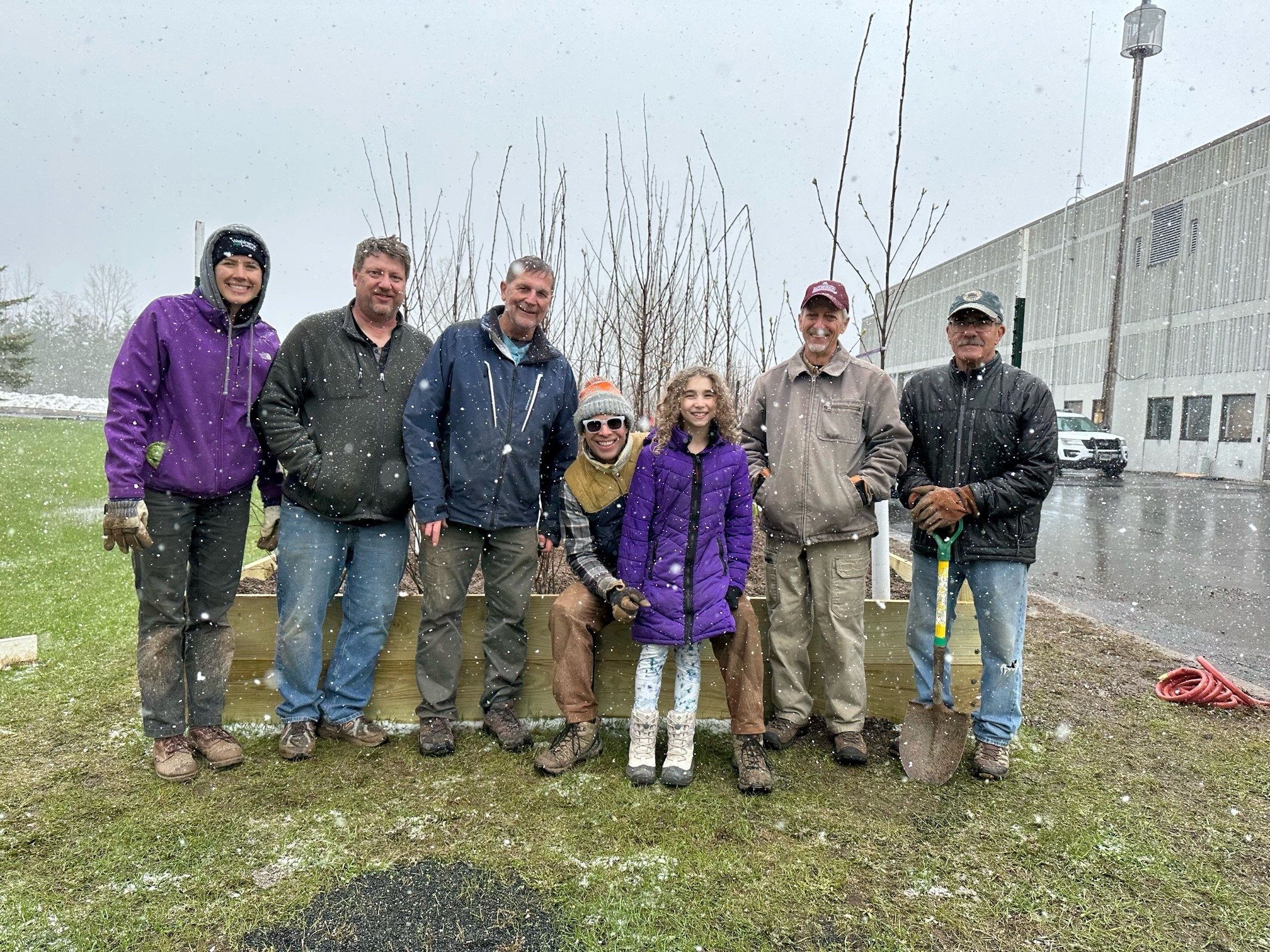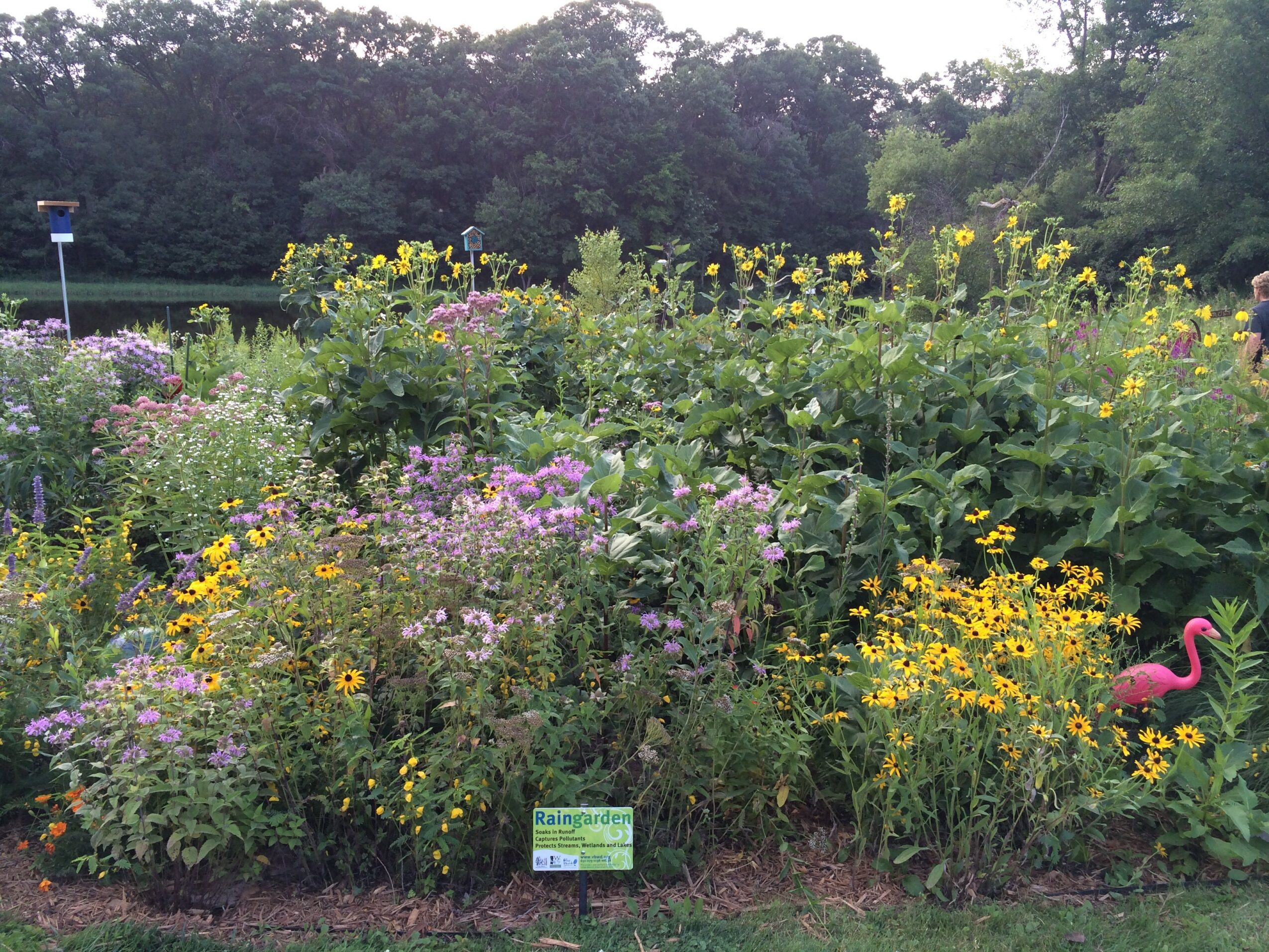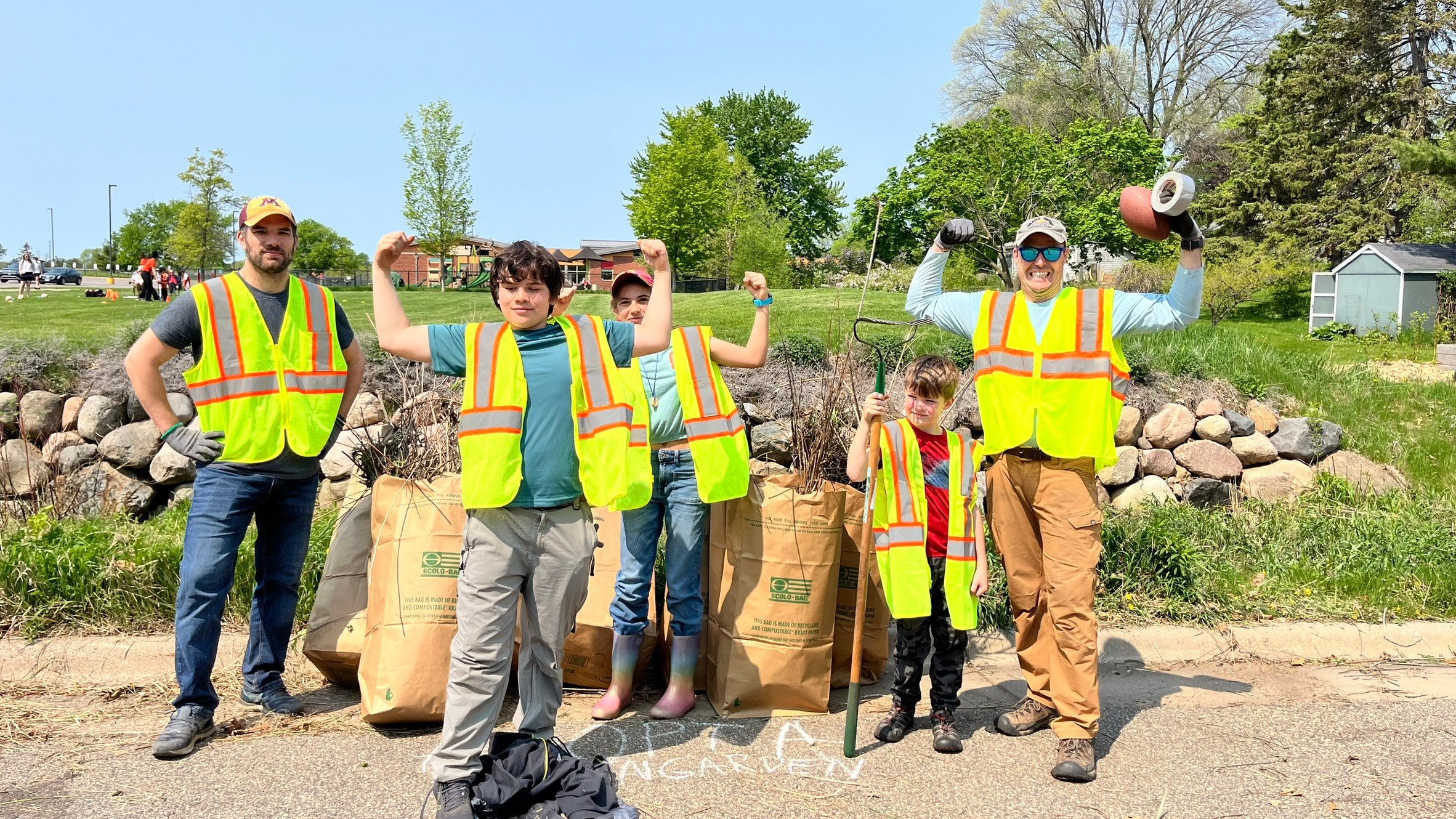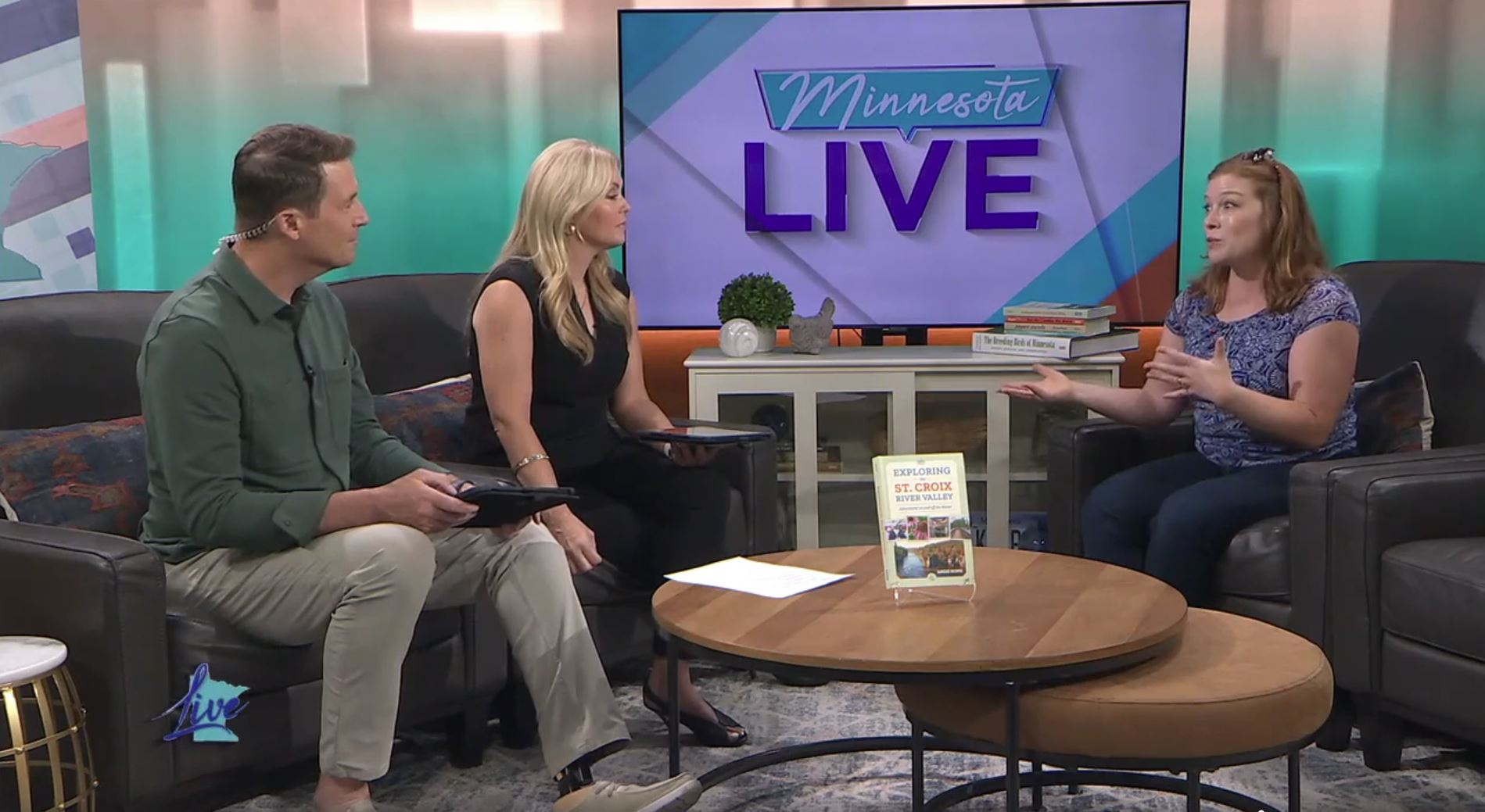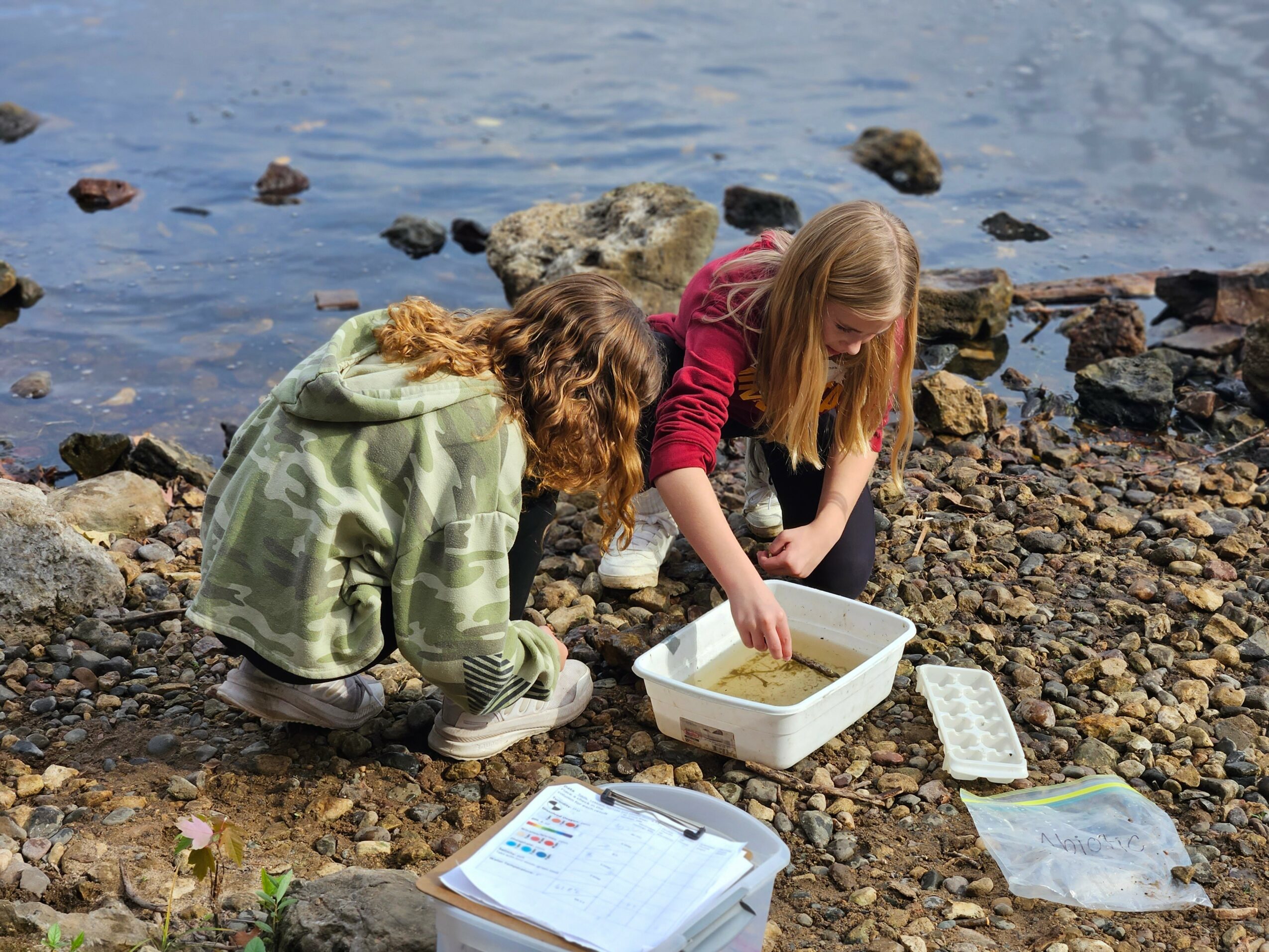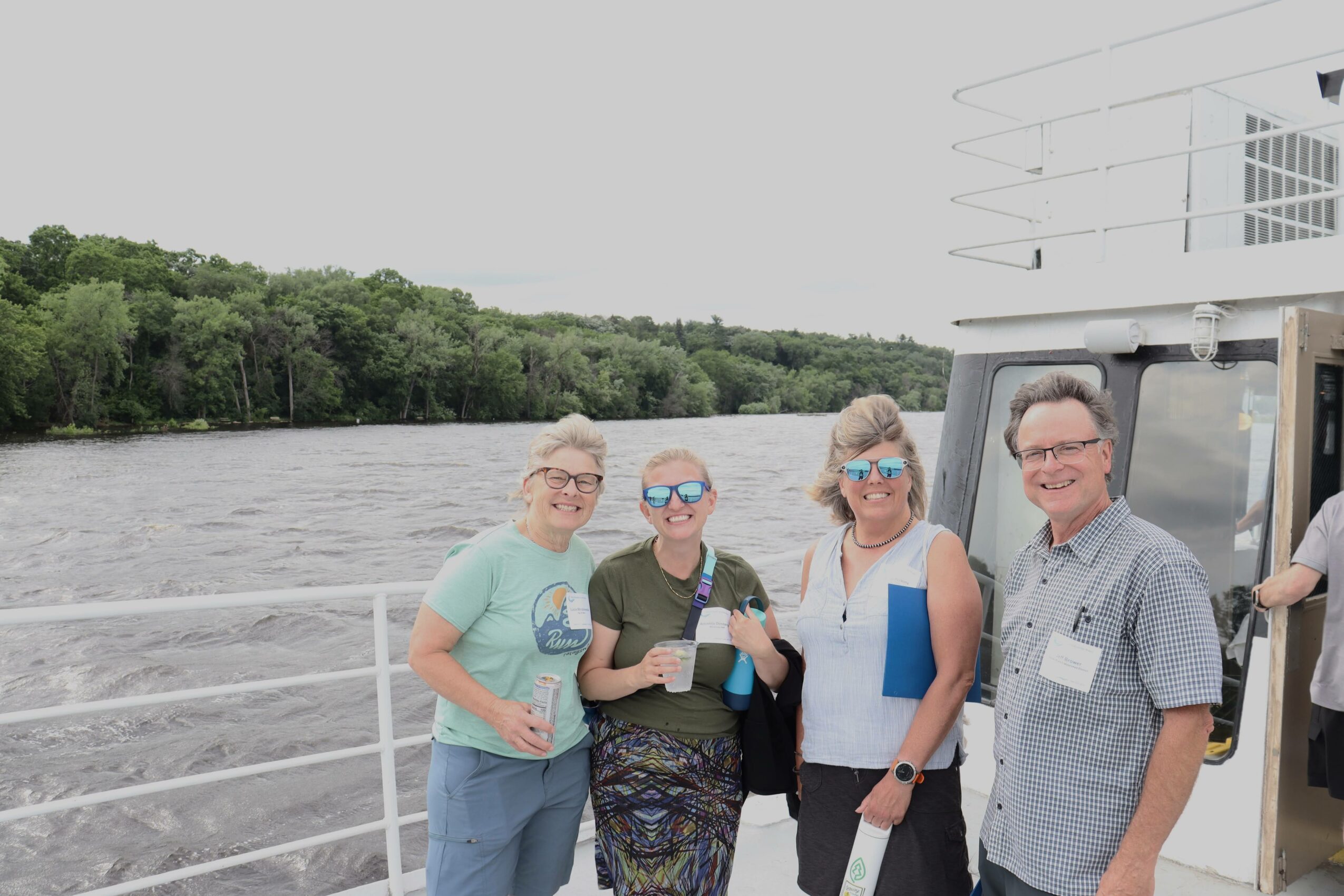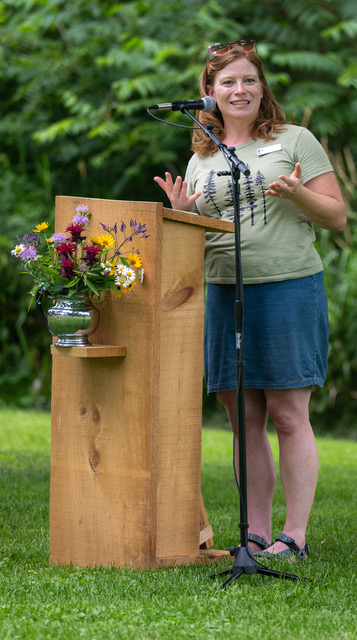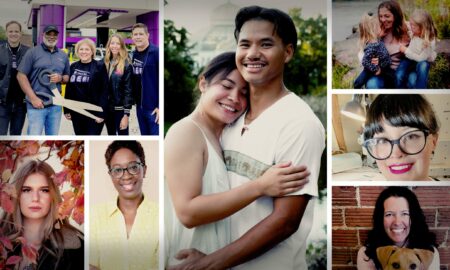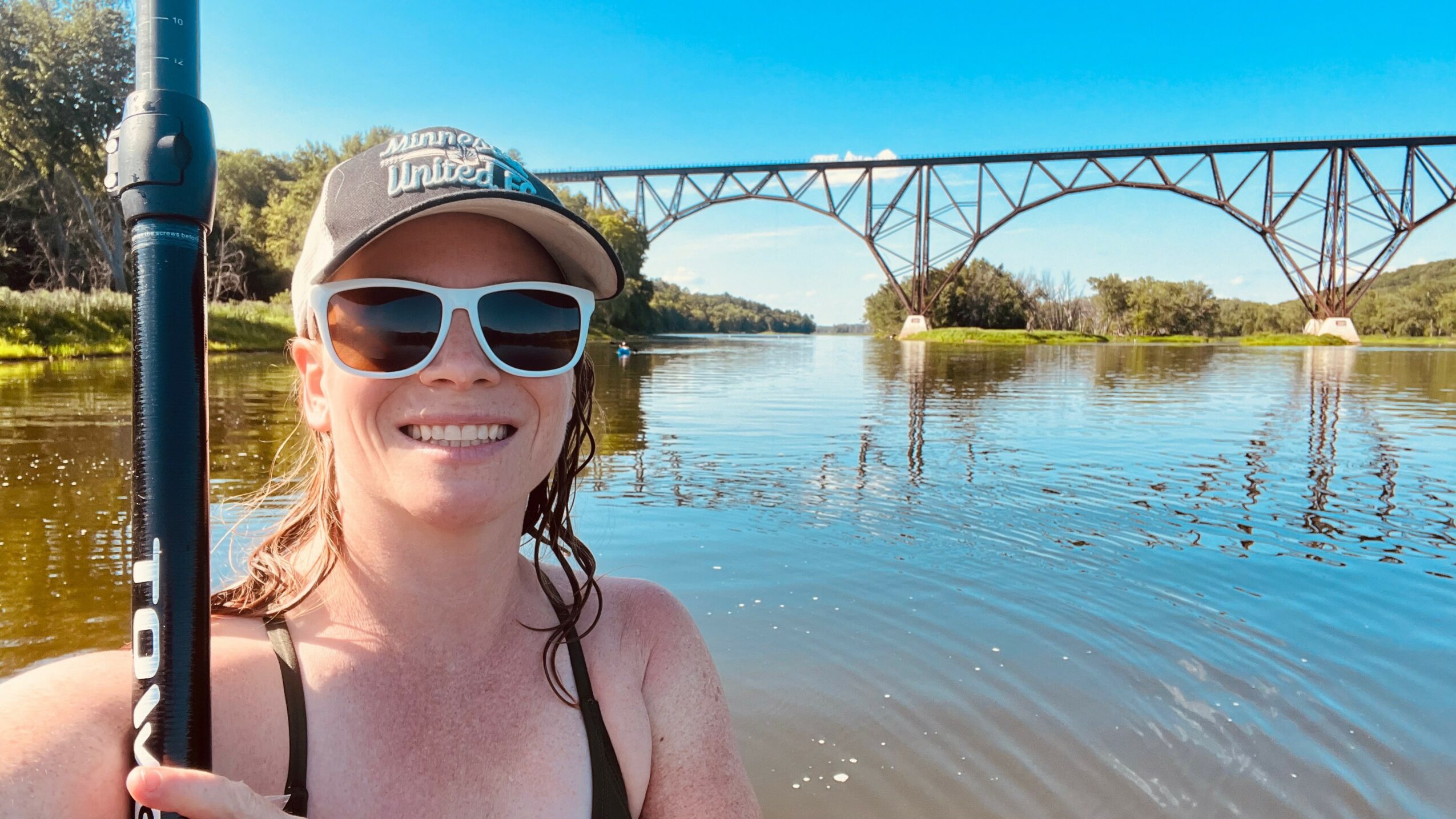

Today we’d like to introduce you to Angie Hong.
Hi Angie, please kick things off for us with an introduction to yourself and your story.
I am the coordinator for Minnesota’s East Metro Water Resource Education Program (EMWREP), a local government partnership with 30 members in Ramsey, Washington, Chisago and Isanti Counties that is hosted by the Washington Conservation District. In a nutshell, I like to tell people that my job is to teach everyone, everywhere, how to keep all of the water clean, all of the time.
I have a B.S. in zoology and a M.S. in Natural Resources Science and Management, with an emphasis on environmental education. Early in my career, I fell in love with environmental education when I worked at Dodge Nature Center in West St. Paul. After a couple of additional short-term positions at the Bell Museum of Natural History and Harriet Alexander Nature Center, I eventually landed my current job in 2006.
Over the past 19 years, the EMWREP partnership has powered transformative change in the East Metro and St. Croix Valley, including:
• More than 20 lakes and streams delisted in Chisago and Washington Counties
• Nearly 4000 rural and urban conservation projects completed in Washington County
• Widespread public enthusiasm for native gardens, raingardens, and other water-friendly landscaping practices; and
• Thousands of local residents volunteering their time through programs such as Adopt-a-Drain, Adopt-a-Raingarden, and Minnesota Water Stewards
I get to be a part of this work in many different ways, from writing news articles and creating social media content, to planning workshops for local elected officials, developing educational materials for homeowners’ associations, conducting surveys and focus groups with farmers and shoreline landowners, and even teaching children’s programs. It’s reassuring to see widespread public enthusiasm for protecting our local lakes, rivers, forests and prairies and I very much enjoy meeting and working with people in our communities.
Alright, so let’s dig a little deeper into the story – has it been an easy path overall and if not, what were the challenges you’ve had to overcome?
I graduated college with honors and several years worth of internships and research projects under my belt, all of which gave me the false impression that it would be relatively easy to land a “real job.” Instead, I spent the next six years piecing together AmeriCorps, part-time, and seasonal positions, and completing a masters degree program before I was finally able to land a full-time benefitted position. Unfortunately, this experience is the norm for most natural resources professionals, and especially for environmental educators.
Now that I’ve been in my role for nearly 20 years, I feel very comfortable, connected with the community, and confident in my work. But it’s definitely a labor of love. All of us who go into this line of work do it because we care deeply about protecting nature and no one limits themselves to only working “9 to 5.” I have a lot of evening workshops, presentations, and public meetings, and a fair number of community and volunteer events that happen on weekends. It’s all good and important work, but it’s hard to juggle it all with raising a family, violin practice, choir, sports practices, making sure the dog has a walk, keeping the house from burning down, etc. etc. The risk of burn-out is very real!
Appreciate you sharing that. What else should we know about what you do?
I am an environmental educator, with an emphasis on protecting local water resources, including the St. Croix and Mississippi Rivers, lakes and streams, and the groundwater that we drink.
One of my strengths is finding effective ways to educate and engage the general public about complex scientific and environmental topics. I’m a great story-teller and like to think of creative ways to help people understand the world around them and environmental issues in their backyards. I’ve been writing a weekly column for local newspapers since 2006 and recently published my first ever book, entitled “Exploring the St. Croix River Valley: Adventures on and off the Water.” I also share tips and tales about keeping water clean, nature education, and family-friendly outdoor adventures through short-form videos on TikTok, Instagram, and other social media platforms.
A lot of the specialized work happens behind the scenes, however. When we have a specific group of people we’d like to engage – farmers, shoreline owners, property managers, etc – it usually helps to get to know them better first and really understand their knowledge, motivations, and barriers. So I’ll develop surveys and conduct focus groups and one-on-one interviews to helps us craft an effective outreach program. Usually, the education and communications is only a small piece of the puzzle and we’ll also be tapping into grant programs, technical assistance, and other resources to help people make changes on their land.
Networking and finding a mentor can have such a positive impact on one’s life and career. Any advice?
I think it’s more useful to talk about building relationships than “networking.” If you’re networking, purely with the goal of advancing your career, selling a product, or getting a project down, it can end up feeling transactional and doesn’t usually lead to a long-term connection. When you build relationships with people, however, it’s more open-ended.
There are a lot of volunteers and community residents who I’ve known and worked with for years and I like to think that we’re building community and a sense of connection to the place where we all live.
Contact Info:
- Website: https://eastmetrowater.org/
- Instagram: https://www.instagram.com/mnnature_awesomeness/
- Facebook: https://www.facebook.com/mnwcd
- LinkedIn: https://www.linkedin.com/in/angiehongwater/
- Youtube: https://www.youtube.com/@mnnature
- Other: https://www.tiktok.com/@mnnature_awesomeness
